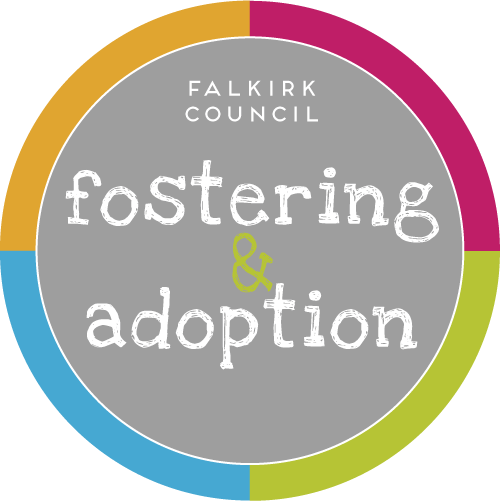different types
Foster carers can be registered for one or more of the different types of fostering and for more than one child.

short breaks
Short breaks fostering is usually a placement which forms a series of planned short breaks for a child or young person offering families support before difficulties escalate to a point where the family can no longer manage. This could mean, for example, a few hours each week or one or two weekends each month for children or young people who are still living at home with family members or it could be a week or two for children or young people who require extra support.
Some short breaks carers often support families of children with disabilities. This provides the family with a break from caring and the children with new experiences and valuable social contacts.

emergency
Emergency foster carers can be asked to take a child or young person into their home at any time of the day or night for up to a few days. This type of fostering is used at short notice where a child or young person’s parents or family members cannot look after them in an emergency situation. For a child or young person this may mean there are immediate concerns for their safety and wellbeing and they need to be moved from their home as quickly as possible.

interim
Interim foster care can mean caring for a child or young person on a temporary basis for anything from an overnight stay up to a period of 2 years. Interim foster carers provide a temporary home for a child or young person until they can return home to family or move on to a long term or permanent fostering placement or adoption.

long-term or permanent
Long term fostering is where a child or young person cannot return home and needs to live with a foster carer until they reach adulthood. Sometimes this means that the Local Authority will take on parental rights for child and where this happens the placement is called a ‘permanent’ placement. Long term fostering usually applies to older children and young people and allows them to remain in a placement where they feel secure, often while maintaining contact with their birth family.
